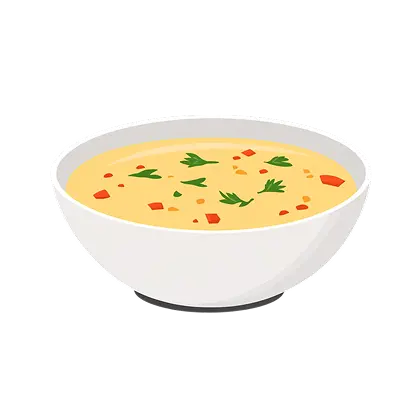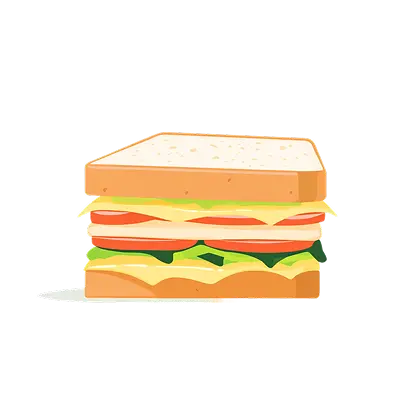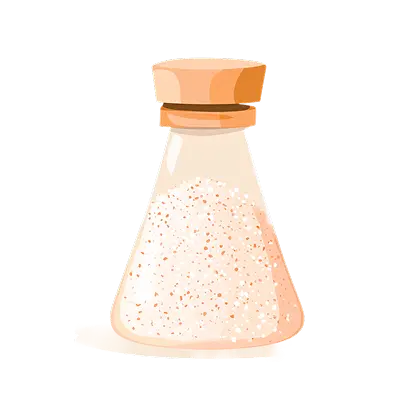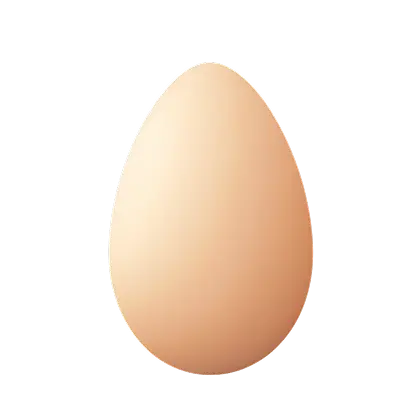
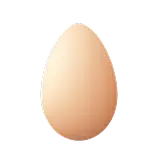
Egg (noun) — edible reproductive body of a bird, particularly a chicken, used as food, usually consisting of a white (albumen) and a yolk, rich in protein and nutrients.
How to Pronounce “Egg”?
Start with the short “e” like in “bed” and end with a hard “g” sound.
Level up your English with Koto!
How to Use “Egg” in a Sentence?
Define “egg” by taking a look at how native speakers use this word in sentences in their daily life and try to create something similar on your own.
What Are Synonyms for the Word “Egg”?
This word is pretty straightforward, but still, there are some synonymous expressions you can use to substitute “egg” in your spoken or written English and boost your overall vocabulary.
Related nouns: yolk omelet nest
Synonyms (contextual): No, it’s specific
Common collocations: boiled egg scrambled eggs fried egg
“Egg” Word Formation and Description in Context
You know how to say “egg”, but what about combining it with other parts of speech in order to create new, meaningful collocations that will bring a breath of fresh air into your daily English?
With adjectives: fresh egg brown egg organic egg hard-boiled egg
With verbs: beat an egg separate an egg add eggs crack an egg
With nouns (noun + noun): egg roll egg sandwich egg salad egg white
Idioms and Phrases with “Egg”
Discover more about the egg’s meaning in idiomatic terms and memorize these phrases to sound more natural when you communicate with other speakers and learners.
-
To be as bald as an egg — to have no hair at all; completely bald.
After years of denying it, Mark finally accepted that he was as bald as an egg. -
Eggs in moonshine — something unrealistic, impractical, or impossible to achieve; an illusion or fantasy.
His dream of building a castle on Mars is nothing but eggs in moonshine. -
Take eggs for money — means to be easily deceived or cheated; to believe everything someone says without question.
Don’t take eggs for money—always double-check what people tell you. -
A hard egg to crack — describes a tough or stubborn person who is difficult to understand, influence, or defeat.
The detective knew the suspect was a hard egg to crack, but he didn’t give up questioning him. -
The same fire that melts the butter hardens the egg — means that the same situation or challenge can affect people differently, depending on their character.
The crisis showed who could handle pressure — the same fire that melts the butter hardens the egg.


Test How Well You Understand The Egg Meaning — Quiz Time!
Let’s check what you know through practice with this interactive test to detect possible weak spots and discover how to work on improvement if needed.
Enjoy personalized learning!
“Egg” in Other Languages
Learn how to spell “egg” and pronounce it properly in Spanish, French and German to bring something new to the table of your general knowledge.
| Language | Word for “Egg” |
|---|---|
 Spanish
Spanish |
Huevo |
 French
French |
Œuf |
 German
German |
Ei |
Unusual & Intriguing Facts About “Egg”
Eggs may look simple, but they hide surprising secrets in color, texture and size. Relax and dive into this exciting and not-so-obvious information.
-
Eggshell color doesn’t affect taste or nutrition.
Eggshell color has no impact on taste or nutrition, as white and brown eggs are almost the same in terms of protein, fat and vitamins. The color only indicates the breed of the chicken, and the egg’s quality is not affected in any way. -
Older eggs are easier to peel.
Over time, the pH of the egg white increases, making older eggs easier to peel as the white separates more readily from the shell. Consequently, these eggs are more suited for hard-boiling than very fresh eggs. -
You can test egg freshness by placing it in water.
Egg freshness can be determined by floating or sinking the egg in the water since fresh ones sink and older ones float as a result of the increasing air cell inside them. -
The heaviest egg recorded.
The heaviest egg from a living bird ever recorded was 2.589 kg (5 lb 11.36 oz) and it was laid by an ostrich on May 17, 2008, in a farm belonging to Kerstin and Gunnar Sahlin, Borlänge, Sweden. — Guinness Book of Records
Interesting Quotes Featuring the Word “Egg”
Currently, you know phrases with “egg”, so we invite you to take a look at these quotations where famous people mentioned this word to cover something more than just a part of the diet.
Explanation: This statement expresses the interest of Picasso in forms and abstractions. He draws the analogy of the creative process with that of distillation: by stripping a portrait to its essence, one naturally reaches the simple, universal shape of an egg, showing the interplay between simplicity and complexity in art.
— Oscar Wilde
Explanation: The metaphor of an egg reveals the unpredictability and the individuality of life, according to Wilde. He points out that every egg symbolizes a different chance, thereby underlining the thrill and diversity that are always present in daily life.
— Angela Carter
Explanation: The importance of conflict and contrast in life is underscored by Carter, who employs a culinary metaphor. In the same way that salt enhances the taste of an egg, disputes or difficulties make daily life more interesting and complex.



